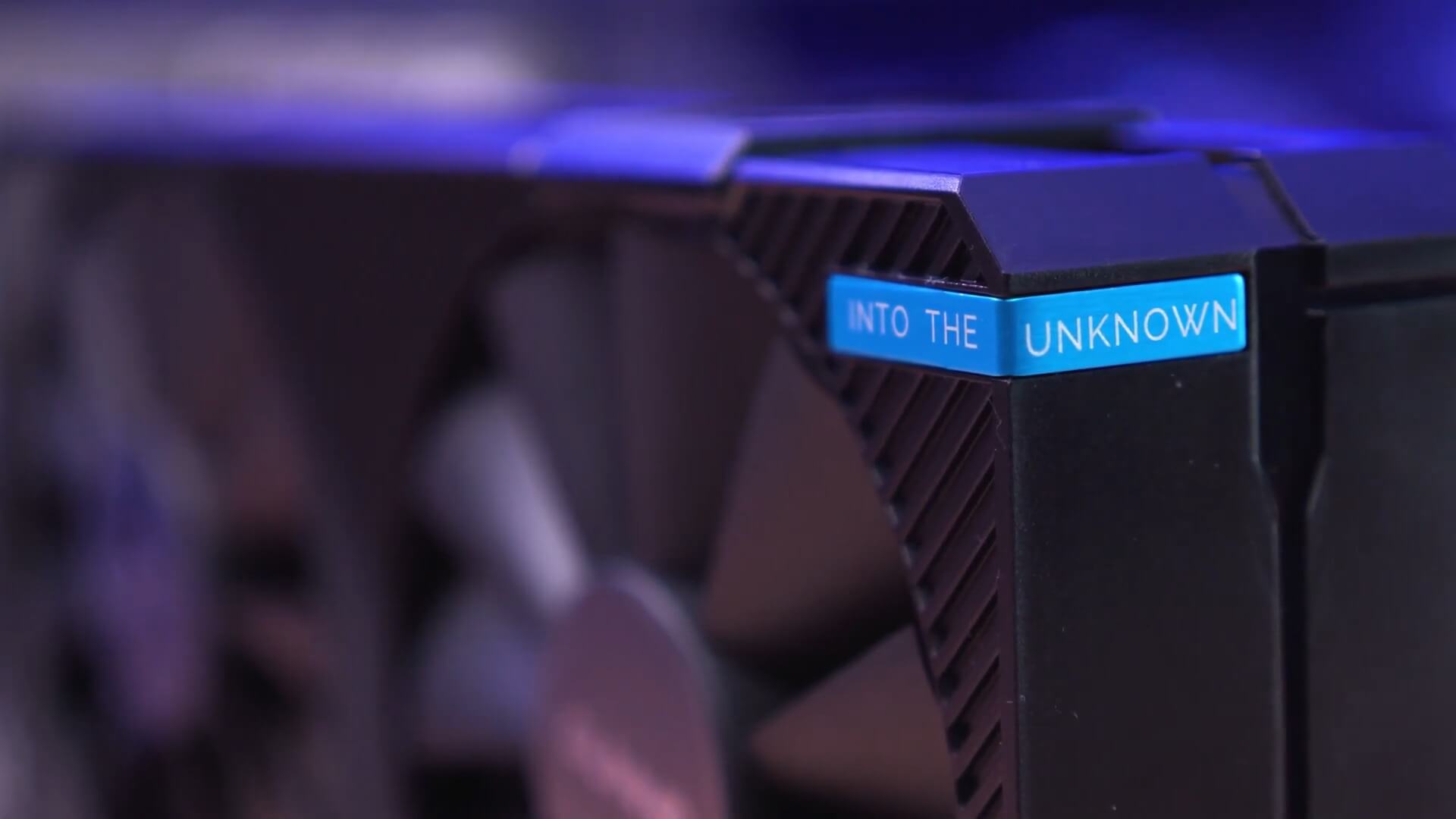
Rumor mill: Reports have long suggested that Intel plans to launch its second generation of desktop graphics cards in late 2024, and there's no indication that Chipzilla has encountered significant delays. While details on specifications, performance, and pricing remain scarce, the new GPUs could arrive weeks ahead of competitor releases from AMD and Nvidia. Moreover, could this be Intel's last hurrah before they abandon desktop GPUs again? Trusted leaker Golden Pig Upgrade recently hinted that Intel's upcoming Arc Battlemage desktop graphics cards will debut in December.
Little is known regarding the company's intended market segment, but the tipster described Battlemage's performance as "wonderful." Battlemage will succeed Arc Alchemist , Intel's first dedicated GPU series, which launched in 2022. The most powerful Alchemist model, the Arc A770 , was roughly comparable to Nvidia's GeForce RTX 3060, so Battlemage is likely to focus on mid-range and entry-level cards.
Earlier reports uncovered three Battlemage GPUs: BMG-G10, BMG-21, and BMG-31. BMG-G10, the most powerful of the three, isn't expected to be released for consumer use, signaling that Intel isn't aiming to compete in the enthusiast space dominated by GPUs like the RTX 4090 or the upcoming RTX 5090. Also see: We Tested 250 Games on an Intel Arc GPU: How Did It Go? Meanwhile, BMG-31 appears to be an entry-level or mobile-focused card, featuring the same number of Xe graphics cores as the A770.
In September, an unidentified Battlemage card powered by the BMG-G21 chip, equipped with 12GB of VRAM and a 2,850 MHz boost clock – an unprecedented speed for any graphics card – was spotted on Geekbench. A mainstream-focused strategy would mirror AMD's plans for its upcoming RDNA 4 lineup, likely branded as the Radeon RX 8000 series. AMD's next-generation GPUs are also not expected to compete with Nvidia's upcoming flagship RTX 5090 , which is rumored to feature 32GB of GDDR7 VRAM with a 600W TDP.
Both lineups are anticipated to make an appearance at CES 2025 in late January, with launches expected through the first quarter of the year. Previous reports on Battlemage indicated that Intel aimed to begin shipping the cards before Black Friday in late November. While the company may narrowly miss that target, a December release would still capture some holiday-season shopping fervor, offering Intel a much-needed edge against AMD and Nvidia.
Alchemist suffered significant shipping delays in 2022, which left it trailing in performance compared to the latest products from competitors. These delays, compounded by initially poor drivers (now vastly improved), limited Intel's GPU market share , which has since nearly disappeared. Recently, CEO Pat Gelsinger mentioned that Intel will invest less in discrete graphics moving forward due to weakening demand, implying that the next generation of Intel GPUs, Arc Celestial, could be scaled back or even canceled.
.














